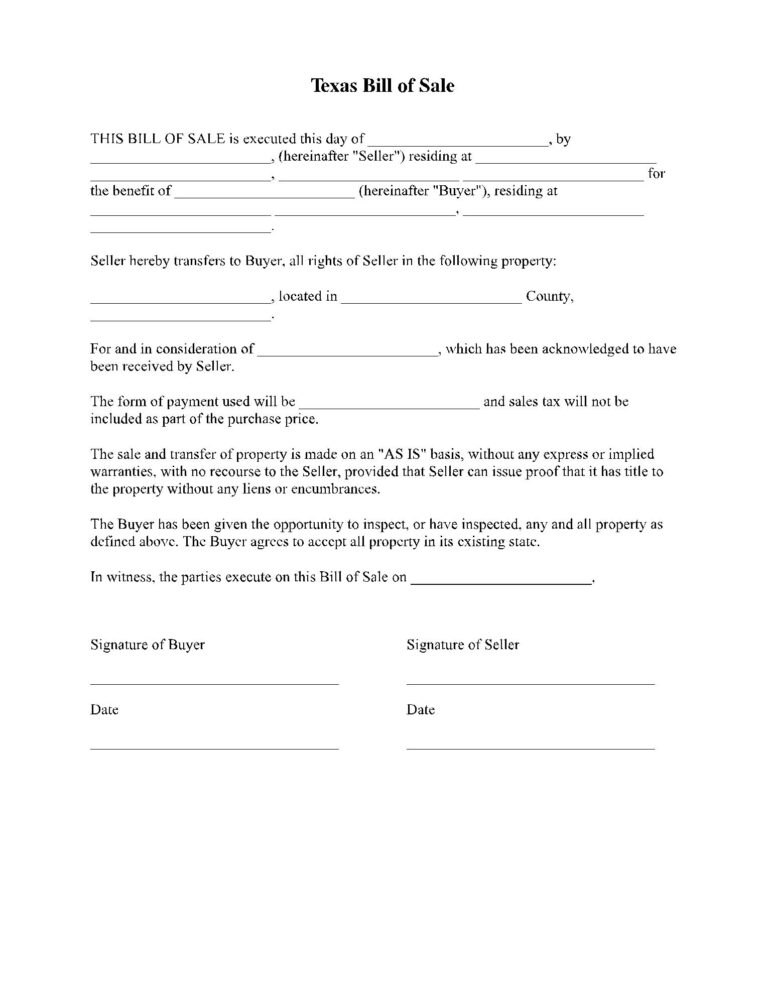Texas Legislature Advances Restrictions on Foreign Land Purchases
The Texas House has recently approved a divisive bill designed to limit land acquisitions by individuals and organizations linked to certain foreign nations. Supporters maintain that this legislation is vital for protecting Texas’s territorial integrity and national security, emphasizing risks such as espionage and undue foreign influence over critical resources. Conversely, opponents caution that the bill may infringe upon property rights, foster discriminatory practices, and deter foreign investment, potentially destabilizing the state’s real estate market.
Highlights of the proposed legislation include:
- Prohibiting land sales to parties from countries identified as security threats.
- Establishing comprehensive background checks for prospective buyers.
- Requiring state oversight for transactions involving land parcels exceeding designated size limits.
| Nation | Restriction Level | Land Size Threshold |
|---|---|---|
| Nation X | Complete Prohibition | All sizes |
| Nation Y | Conditional Approval Required | Above 40 acres |
| Nation Z | Complete Prohibition | All sizes |
Security Implications Behind Foreign Ownership Curbs
Heightened concerns over safeguarding Texas’s strategic assets have propelled lawmakers to introduce measures curtailing foreign land ownership. The bill specifically targets buyers from countries flagged by intelligence agencies as potential threats, aiming to mitigate risks related to espionage, control over vital natural resources, and acquisition of land for military or strategic purposes. Advocates argue that such controls are essential to prevent foreign entities from gaining footholds in sensitive regions, including areas near critical infrastructure and defense installations.
Key elements of the bill include:
- Targeted countries: Selected based on national security evaluations.
- Land types covered: Residential, commercial, agricultural, and undeveloped land.
- Enforcement mechanisms: State agencies tasked with monitoring compliance and imposing penalties for violations.
| Nation | Threat Level | Primary Security Concern |
|---|---|---|
| Nation X | Severe | Espionage Activities |
| Nation Y | Moderate | Resource Exploitation |
| Nation Z | Severe | Strategic Military Positioning |
Constitutional and Legal Concerns Surrounding the Bill
Legal professionals have voiced apprehensions regarding the bill’s compatibility with constitutional protections, particularly the Equal Protection Clause and the Commerce Clause. Critics argue that restricting land sales based on nationality could trigger lawsuits alleging discrimination and violations of due process rights. Furthermore, the legislation may conflict with federal authority over foreign affairs and trade, potentially leading to preemption challenges. The bill’s focus on specific countries also raises questions about diplomatic repercussions and adherence to international agreements.
Anticipated legal challenges include:
- Allegations of discrimination based on national origin under the Fourteenth Amendment.
- Potential infringement on interstate and international commerce protections.
- Due process claims from affected property owners and prospective buyers.
- Concerns over federal preemption in foreign policy matters.
| Legal Issue | Possible Consequence |
|---|---|
| Equal Protection | Risk of costly discrimination lawsuits |
| Commerce Clause | Challenges to state-imposed trade restrictions |
| Due Process | Litigation over property rights infringements |
| Foreign Policy | Potential diplomatic conflicts and federal override |
Guidance for Texas Property Owners and Real Estate Professionals
As this legislation progresses, property owners and real estate professionals in Texas should stay vigilant and adapt their practices to ensure compliance. Enhanced due diligence, including thorough verification of buyer backgrounds and nationalities, will be critical to avoid inadvertent breaches of the new rules. Engaging legal counsel to interpret the evolving regulatory landscape and revising contractual agreements accordingly is advisable.
Recommended steps include:
- Establishing stringent buyer screening protocols aligned with state requirements.
- Seeking expert legal advice to navigate potential complexities and liabilities.
- Keeping abreast of updates from state regulatory agencies regarding enforcement policies.
| Stakeholder | Recommended Action | Expected Benefit |
|---|---|---|
| Landowners | Audit ownership and transfer arrangements | Reduce risk of forced divestiture |
| Real Estate Agents | Confirm buyer eligibility early in the process | Ensure lawful and smooth transactions |
| Developers | Modify marketing and sales strategies | Avoid engagement with restricted parties |
Conclusion: The Future of Foreign Land Ownership in Texas
The Texas House’s advancement of this contentious bill marks a pivotal moment in the ongoing debate over foreign land ownership within the state. Advocates emphasize the necessity of protecting Texas’s economic and security interests, while critics highlight the potential drawbacks, including reduced foreign investment and diplomatic friction. As the legislation proceeds to the Senate, stakeholders will closely watch how lawmakers reconcile these competing concerns. Continued coverage will provide updates on the bill’s progress and its implications for Texas’s real estate landscape and international relations.



